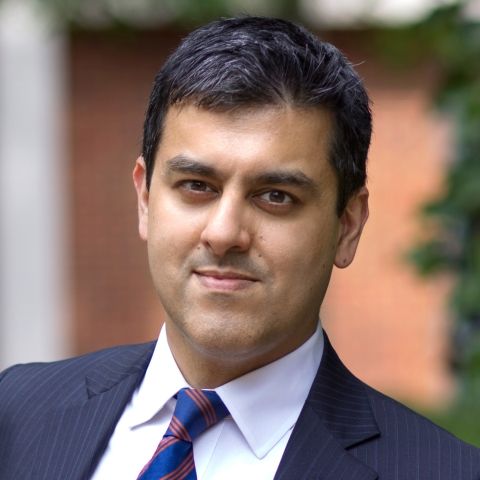

Among the structural provisions of the Constitution are a series of rules specifying the method by which the federal government will be staffed. One of those rules, contained in what is known as the Appointments Clause, establishes the procedures for appointing “all . . . Officers of the United States, whose Appointments are not . . . otherwise provided for” in the Constitution — requiring one mechanism (presidential appointment and senate confirmation) for “principal” officers and permitting a set of alternatives (appointment by the “President alone,” the “Courts of Law,” or the “Heads of Departments”) for “officers” who are considered “inferior.” The Clause has traditionally been understood to require these appointment procedures for a subset of federal government employees who meet some constitutional threshold that establishes their status as “officers,” rather than for all federal employees. In light of that understanding, the Clause naturally raises a question about the precise boundary between constitutional “officers” and other federal “employees” — a question that has recently been the subject of substantial litigation and extensive treatment within the executive branch and the scholarly literature.
The caselaw and the scholarly debate, however, have overlooked a significant source of early interpretations of the Clause: opinions construing the Clause written by the Attorneys General of the United States during the nation’s first century. Ever since the Judiciary Act of 1789, the Attorney General has been authorized “to prosecute and conduct all suits in the Supreme Court in which the United States shall be concerned, and to give his advice and opinion upon questions of law when required by the President of the United States.” Using this authority, several Attorneys General opined on the Clause’s meaning. This Article examines their heretofore-neglected opinions, specifically addressing the opinions’ treatment of the constitutional status of the “deputies” of “officers.”
Citation
Aditya Bamzai, The Attorney General and Early Appointments Clause Practice, 93 Notre Dame Law Review, 1501–1516 (2018).